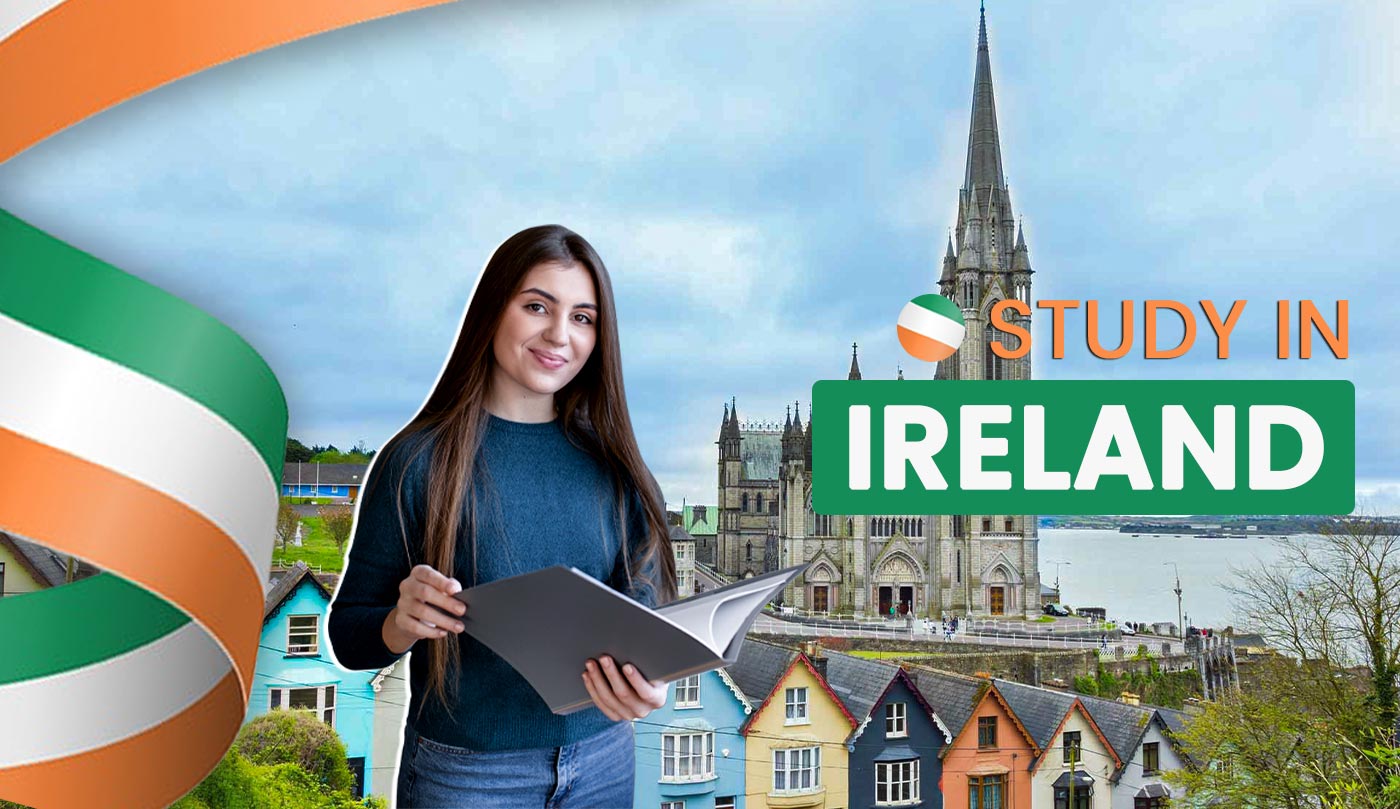Master in Ireland for Indian Students: Step-by-Step Guide to Applications
Ireland has quickly gained popularity among Indian students seeking international postgraduate education. With world-class institutions, a friendly visa system, and global career opportunities, the country offers a rewarding academic experience. This guide offers a detailed overview of how Indian students can apply for a Master’s in Ireland, from shortlisting universities to applying for visas.
Why Consider Ireland for Your Master’s?
Ireland offers a unique mix of academic excellence and industry relevance. The universities are globally ranked, and many postgraduate courses are designed with direct input from major employers in fields such as technology, pharmaceuticals, and finance. For Indian students, another big advantage is the post-study work visa that allows them to stay and work for up to two years after graduation.
Moreover, the shared use of the English language makes academic and social integration easier.
Step 1: Finalise the Programme and University
Start by shortlisting the type of course, whether it’s an MSc, MA, MEng, or MBA. Universities such as Trinity College Dublin, University College Dublin (UCD), and National University of Ireland Galway offer a wide range of postgraduate courses.
Tip: Be mindful of intake months. Most universities have September and January intakes, with September being the primary one.
Step 2: Understand Entry Requirements
General requirements include:
- A recognised undergraduate degree (minimum 60%)
- IELTS/TOEFL/PTE scores
- Statement of Purpose (SOP)
- Letters of Recommendation (LORs)
- Academic transcripts
For MBA programmes, universities may ask for GRE/GMAT scores along with professional experience.
Step 3: Estimate the Costs
Tuition fees vary depending on the course and university. On average, master’s courses can cost between €10,000 to €35,000 annually.
For business programmes, the MBA Ireland cost can range from €10,500 to €36,000, depending on the institution and course structure.
Students should also plan for annual living expenses. Irish immigration authorities require proof of at least €7,000 for living costs, though actual expenses (especially in cities like Dublin) may fall between €8,000 and €12,000, based on lifestyle and accommodation type.
Step 4: Begin the Application Process
Applications are typically submitted through the university website or the centralised portal called PAC (Postgraduate Applications Centre) for selected institutions.
You should apply at least 6–8 months before your intended intake. Most universities open applications in October for the following September intake.
Keep these documents ready:
- Valid passport
- Academic transcripts and certificates
- English proficiency scores
- CV/Resume
- SOP
- LORs
Step 5: Secure a Student Visa
Once you receive an offer letter, you can apply for the Irish Student Visa (D-Visa). Apply online via the AVATS system and submit biometrics and supporting documents at your local VFS centre.
Required documents include:
- Acceptance letter from the university
- Proof of tuition fee payment
- Financial proof showing funds of at least €10,000 for living expenses
- Health insurance proof
- English language proof
- Passport
Visa processing can take 4–8 weeks. Ensure you begin early.
Step 6: Explore Scholarships and Financial Aid
Ireland offers multiple scholarships for Indian students:
- Government of Ireland International Education Scholarships
- University-specific merit scholarships (e.g., UCD Global Excellence)
- Indian government or private trust scholarships
These can significantly reduce your MBA Ireland cost and overall financial burden.
Step 7: Plan Your Accommodation and Travel
Most universities provide on-campus or assistance with off-campus accommodation. Book early to secure affordable options.
You’ll also need:
- An international debit/credit card
- Euro currency for immediate expenses
- Travel and health insurance
- A local SIM card upon arrival
Step 8: Seek Expert Help if Needed
While it’s possible to manage the application independently, the process can sometimes feel overwhelming. To avoid missing deadlines or documentation issues, many students seek help from professionals. Consulting professionals like study consultants in Delhi can help in:
- Selecting universities
- Reviewing SOP and LORs
- Preparing visa documentation
- Tracking application deadlines
Firms like NewStrides can assist with everything from shortlisting courses to visa documentation and even pre-departure planning.
Working with an experienced team can help ensure that your application is complete, competitive, and submitted on time. Many students have found the support offered by study consultants in Delhi especially useful when navigating university requirements, interview preparation, and understanding the local culture before departure.
Conclusion
Applying for a master’s degree in Ireland from India involves several steps, from choosing the right course to securing a visa and planning your stay. While the process requires effort and careful attention to detail, it is absolutely manageable with the right preparation.
Ireland offers an enriching academic and cultural experience, along with long-term career benefits. Whether you choose to manage the process on your own or take the support of professionals, the key is to begin early, stay organised, and remain well-informed at every stage.
With careful planning and reliable information, your goal of studying in Ireland can become a successful and fulfilling reality.

